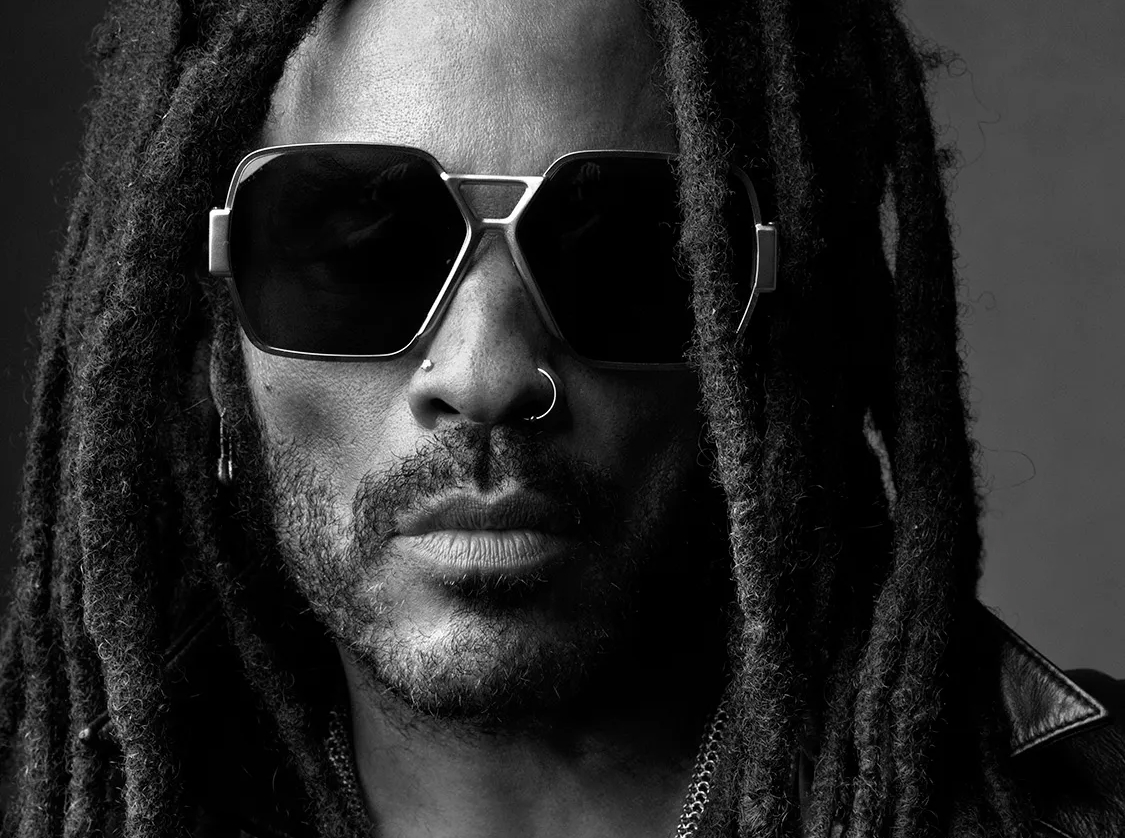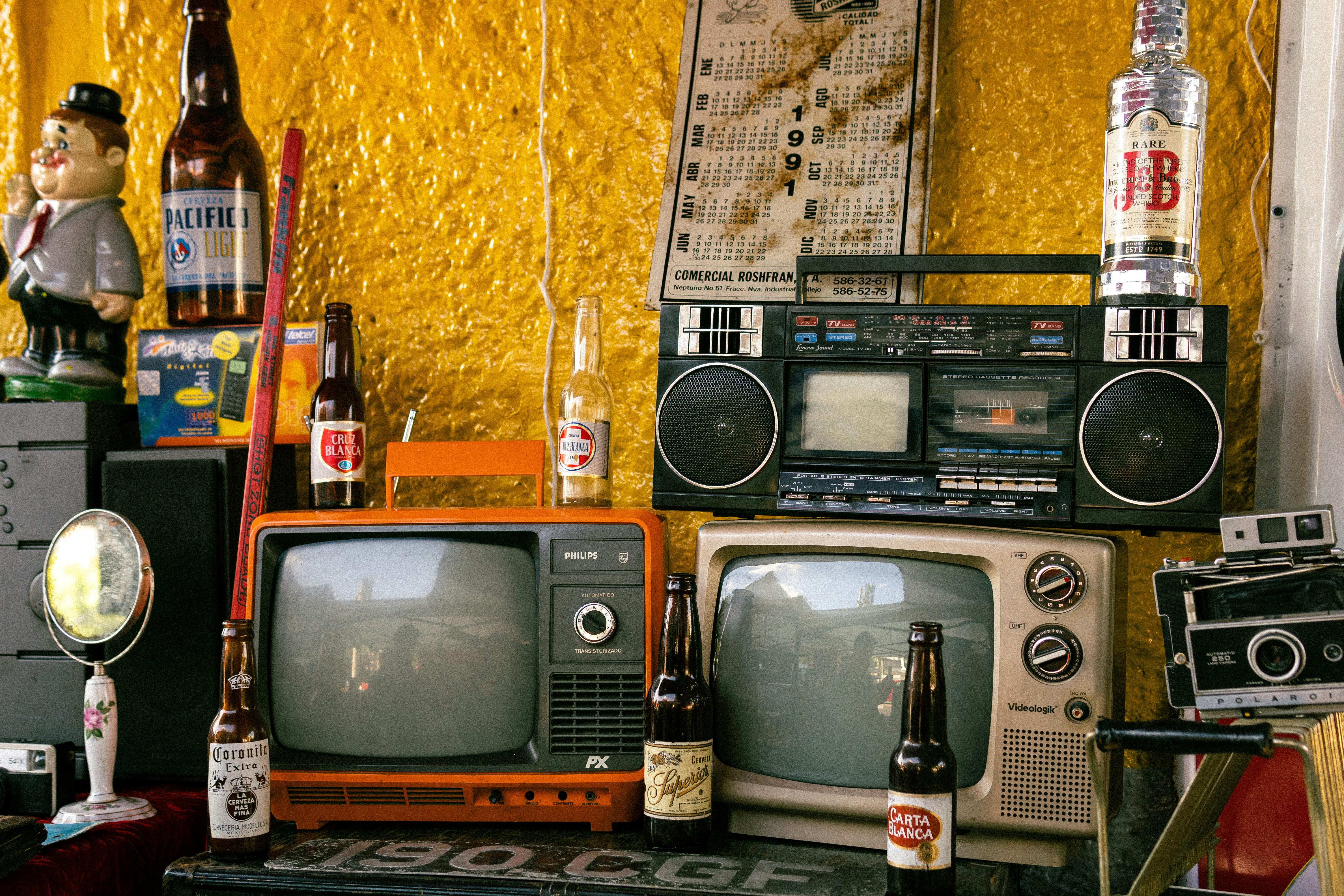Lenny Kravitz's Tribute Song "Road to Freedom" Pays Homage to Rustin's Selfless Heroism

Written by Erin Vanderhoof
Initially, musician Lenny Kravitz was surprised to realize his knowledge about Bayard Rustin, a less recognized yet influential civil rights activist and central character in Rustin, was lacking. After viewing the biopic, which stars Colman Domingo and is available on Netflix, Kravitz felt compelled to contribute to the film. He expressed to Vanity Fair during a recent phone call that many others may also be unaware of Rustin’s impact. Shortly after, he composed “Road to Freedom,” the original song that ends the film, on his piano.
Rather than providing a comprehensive look at Rustin’s life, the film, directed by George C. Wolfe, focuses on a significant interval in his career: the lead up to the 1963 March on Washington. The movie portrays the complexities and often unnoticed efforts involved in political organizing while illustrating Rustin’s journey from conceptualizing the historic protest in Washington D.C to its actualization. The performance by Colman Domingo effectively captures Rustin's calm spirituality and energetic zest, aided by Branford Marsalis's jazz score. The characters often burst into song, signifying the importance of gospel hymns to the Civil Rights Movement.
The concluding scene, showing Bayard with a garbage bag ready to clean up after the march, places the responsibility of showcasing complexity on “Road to Freedom.” This simple moment, full of spiritual profundity and victory, necessitates uncertainty. Rustin, known for his openness about his sexuality and opinions, was often pushed to the peripheries of the Civil Rights movement, including in the film during a presidential meeting. This multifaceted instance necessitated a balance of relaxes confidence and passionate fire, explaining why Kravitz was asked to encapsulate it through a song.
Kravitz shared with VF the insights he gained from the film and his experience of composing and recording the song in his Paris-based home studio.
Lenny Kravitz lauds the film, admiring the directing and Domingo's portrayal of Rustin. He mentioned feeling privileged to be apart of the project. When asked about his instructions for writing the theme for the film, Kravitz recalled receiving a call from one of the film's producers, Bruce Cohen. He was requested to write a theme for the film. After watching the film, which was sent to him, he felt an immediate connection and obligation to participate, lamenting his unfamiliarity with Rustin despite being surrounded by civil rights activism during his upbringing.
Out of respect, Kravitz decided to call Domingo for any suggestive ideas. Domingo responded, stating "it's about the work."
The film does a great job of delving into the intricacies of planning the march and why Rustin remained dedicated to the movement despite the discrimination and lack of acceptance he faced.
Rustin's devoid of ego in the film's ending is noteworthy. Instead of seizing the opportunity for recognition at the White House, he chooses to assist in the cleanup indicating his genuine commitment towards the cause, not the spotlight.
The song's chorus reflects this: “We’re on the road to freedom until the war is won. We’re on the road to freedom, there’s so much work to be done.” The significance lies in the continued struggle towards freedom, where diligence is necessary. The closing scene, with Rustin walking into the sunset with his garbage bag signifying upliftment and continuity, is a beautiful moment.
The simplicity of the song and its lyrics seems to have originated from a good idea striking at the right time.
I thank God that I was used properly—and that’s the thing, I mean it when I say being “used.” Once I watched the film, once I spoke with George, once I spoke with Colman, I had to just sit and get quiet. I don’t normally sit down to write, I just live. I’m an antenna, and I wait to pick up whatever is out there. This time, I got quiet and sat for a couple days and just said, Okay, God, just give me whatever it is I’m supposed to get. Lemme pick it up. And it came. I sat at the piano one afternoon. I felt like something was coming. I felt something coming in, and I sat down and played the first chords, and I knew I was on the path. That's how it works for me: take it in and get quiet and let it come to you.
The wonderful thing about my house is that I have the whole house wired, so I can record anywhere in the house. I have these beautiful rooms that are just acoustically magnificent. So I recorded the piano in this beautiful big room that has these super high ceilings and beautiful reverb, and recorded the drums in another room that is just beautiful sounding. So I just recorded it home, and then I brought the gospel choir in.
How would you summarize that emotion that hit you and made you feel like you had get involved? What did you learn from watching the movie?
Anything is possible no matter who you are, even if you’re not accepted. Because remember this man, think about it being an openly gay Black man at that time. My God, you’re struggling with everybody, including your own people. We all have a purpose, and we all have a strength, so be true to yourself.
The other thing I like is that the longer we live, the more truth comes out about things—about what really transpired. There are many stories to be told about people that did not get recognized for beautiful things that they’ve done, based on their not being accepted. So the longer we live, I hope that more of these stories continue to come out about people that we don’t know about, that we should know about, that helped to shape our world. It’s nice to break down barriers.




